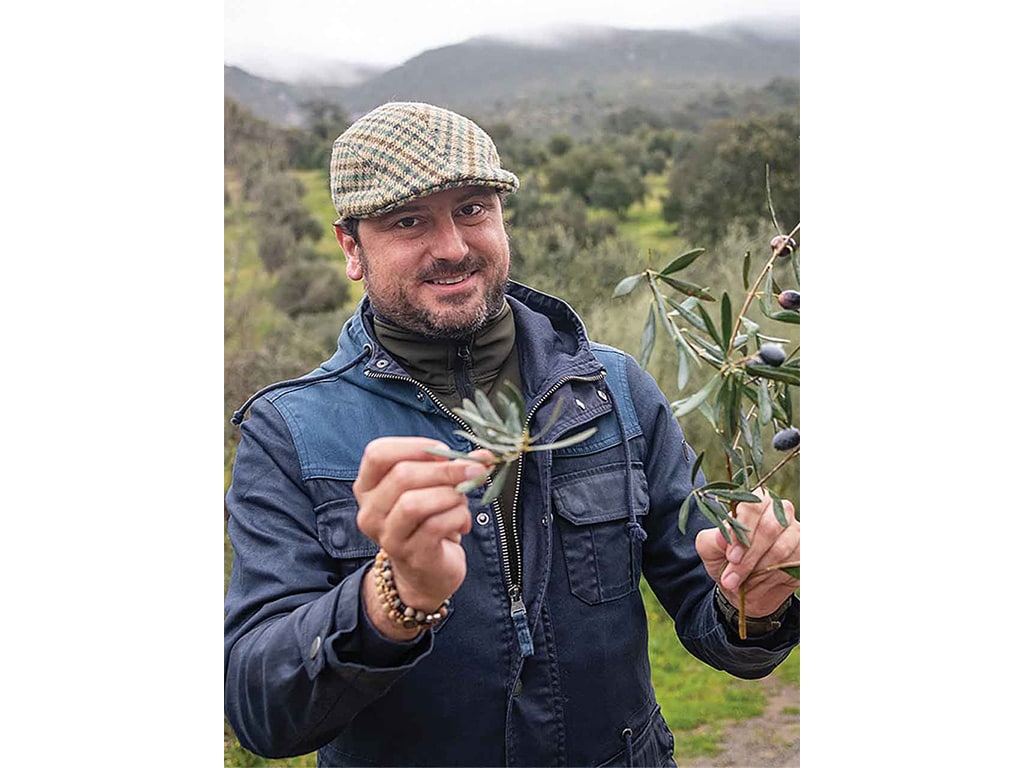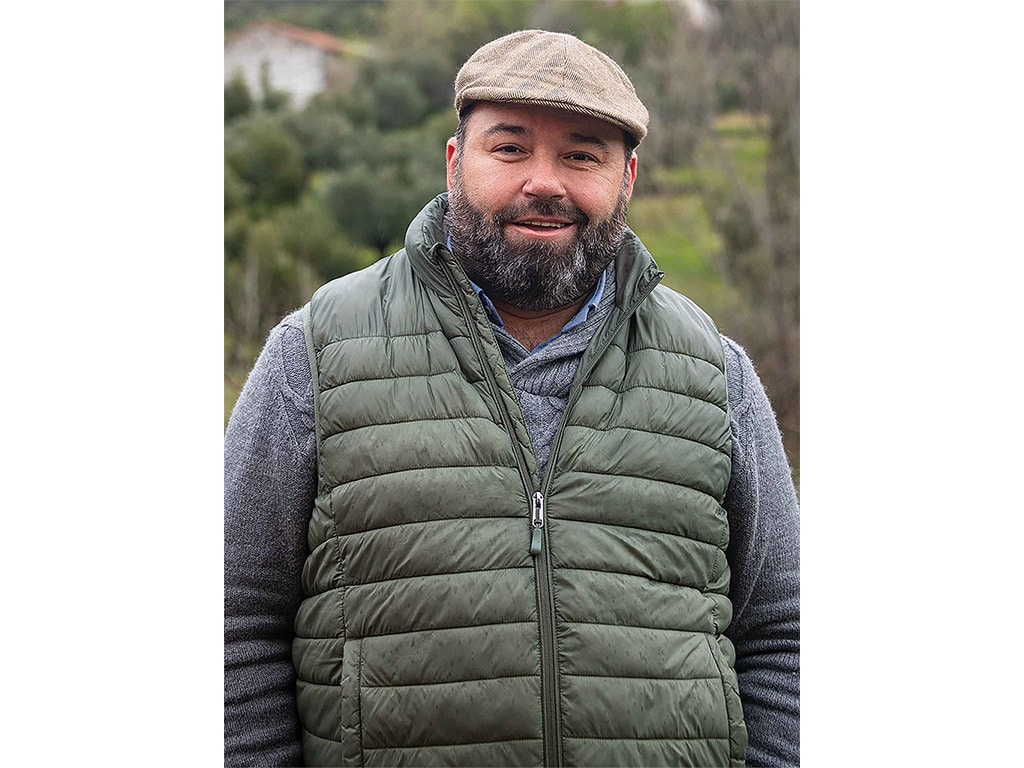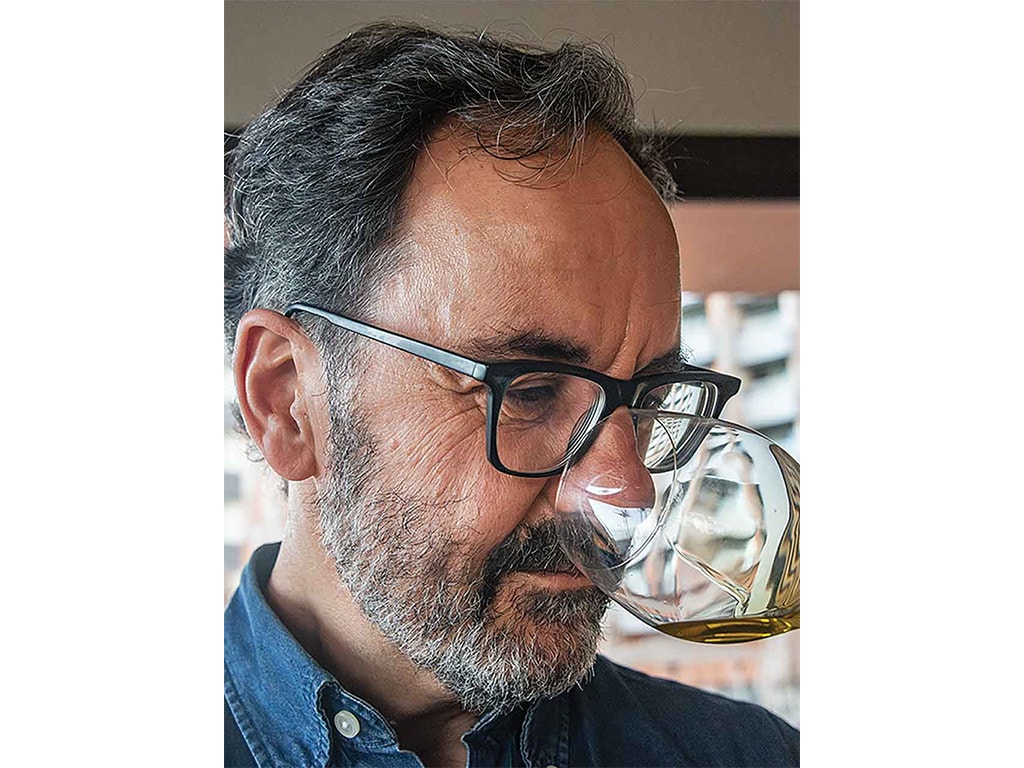Agriculture, Education December 01, 2024
So Classic, So Modern
Ancient olive oil has everything today's consumers want.
by Steve Werblow
It was the anointing oil of saints and warriors in millennia past; now it's "the food that takes care of you," in the words of trade promotion agency Olive Oils from Spain. Though it accounts for less than 1.5% of the world's vegetable oils and fats, golden olive oil is having its day. Again.
Olive oil seems tailor made for today's consumer. Comprised of nearly 90% unsaturated fat and loaded with anti-inflammatory polyphenols, olive oil has got a great nutritional story to tell. The American Heart Association says a half-teaspoon per day of olive oil can reduce the chances of premature death from cardiovascular disease, Alzheimer's disease, and other causes.
Meanwhile, premium olive oils are a playground for foodies. A wide range of flavor profiles, from banana to almond to grass and tomato leaf, wine-tasting-style explorations of premium extra-virgin olive oils provide a whole new palette for the palate.
"We have in mind very clearly that Sauvignon Blanc, Cabernet Sauvignon, Pedro Jimenez, Chardonnay, they all have their own character and flavor," notes olive oil judge and tasting expert Alfonso Fernández with Olive Oils from Spain. "With olive oil, each variety has its own given characteristics, its own flavor, with a big difference—there is fermentation in the wine. Here, we don't want any fermentation."
It's the polyphenols in the olive oil that not only reduce inflammation, but deliver the unique flavors from the fruit.
"Those are the magic ones," says Fernández.
Above. DCOOP fills 19,000 bottles of olive oil hourly for its member co-ops. Francisco Gálvez of Alltech is helping Olipe growers carve out an environmental niche. Francisco Domínguez, spokesman for Olipe. DCOOP is the world's largest olive oil producer. Taster Alfonso Fernández.
Powerhouse. Fernández and Olive Oils from Spain are pushing hard to introduce the world to the country's premium oils. Spain is the world leader in olive oil production, squeezing out half of the world supply. In recent years, Spain passed Italy to become the top supplier of olive oil to the U.S., and 92% of China's olive oil comes from Spain, according to Olive Oils from Spain spokesman Antonio Martínez.
One cooperative plays a massive role in that production. DCOOP is a cooperative of cooperatives, representing 100 grower organizations that produce 225,000 metric tons of olive oil per year. That makes DCOOP the world's largest olive oil producer. Says spokesman Esteban Carneros, "sometimes this cooperative produces more than Greece—the same as Italy."
DCOOP has also engaged in a strong relationship with Pompeian, an American olive oil brand that markets oil from California and around the world. The two companies own 50% shares of each other, creating a global partnership that positions them to meet the growing demand for olive oil in North America.
Meanwhile, gourmet olive oil operations are popping up all over California and even as far afield as Oregon, Texas, Florida, and Hawaii. Call them the wineries of the new millennium.
Olive oil also has a strong sustainability story to tell. Hardy olive trees thrive in arid environments, so two-thirds of the world's olive orchards are rainfed. That makes olives a highly water-efficient crop.
The orchards are also a haven for biodiversity, which is a major focus of environmental policy in Europe, where the majority of olive oil is produced. And the International Olive Oil Council calculates that a hectare of olive trees can sequester 4.5 metric tons of carbon per year (2 tons per acre).
Sustainability. In the Los Pedroches Valley, north of Córdoba, Spain, shepherds were paid by the monarchy to plant olives on the steep mountain slopes in the first half of the 1800s. Since then, the 800 growers in today's Los Pedroches' cooperative, Olipe, have become pioneers in sustainable olive production. They plant cover crops, use sheep for weed control, and developed the "Olipe trap" with vinegar, hydrolyzed proteins, and pheromones to trap olive fly. They even burn seeds and pomace for energy.
Yields in Los Pedroches are 800 to 1,000 kilograms of olives per hectare (713 to 892 pounds per acre), as little as one-tenth the average in high-producing areas of Spain. Sustainability may be the key to the survival of the historic groves and the communities that rely on them, says Francisco Gálvez of Alltech, which is underwriting a sustainability initiative with the co-op.
The pay-off: Olipe oil's polyphenols are high, environmental benefits are huge, and the flavor is outstanding. It's everything a modern consumer could want, wrapped in an ancient package. ‡
Read More

RURAL LIVING, SPECIALTY/NICHE
A Fresh Palette
Creative family returns to farm life.

AGRICULTURE, FARM OPERATION
Both Sides Now
Big beef outfit branches off into Belties niche.






